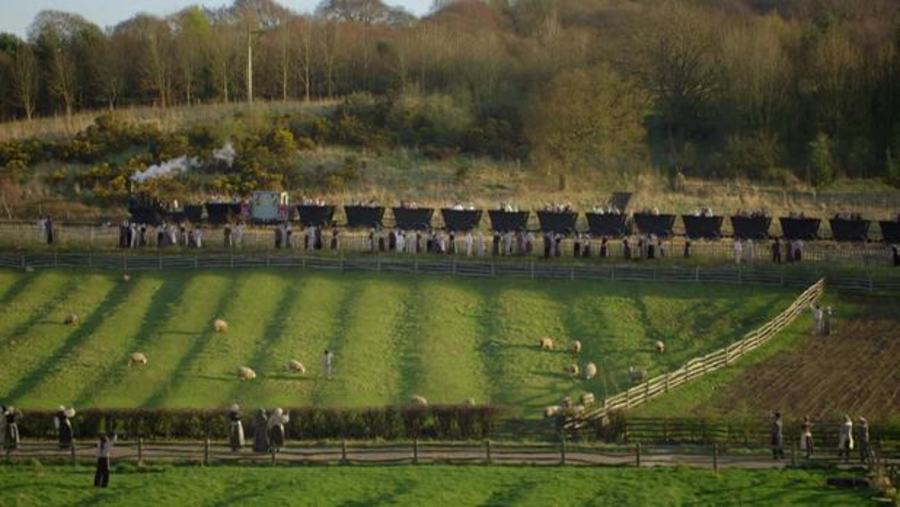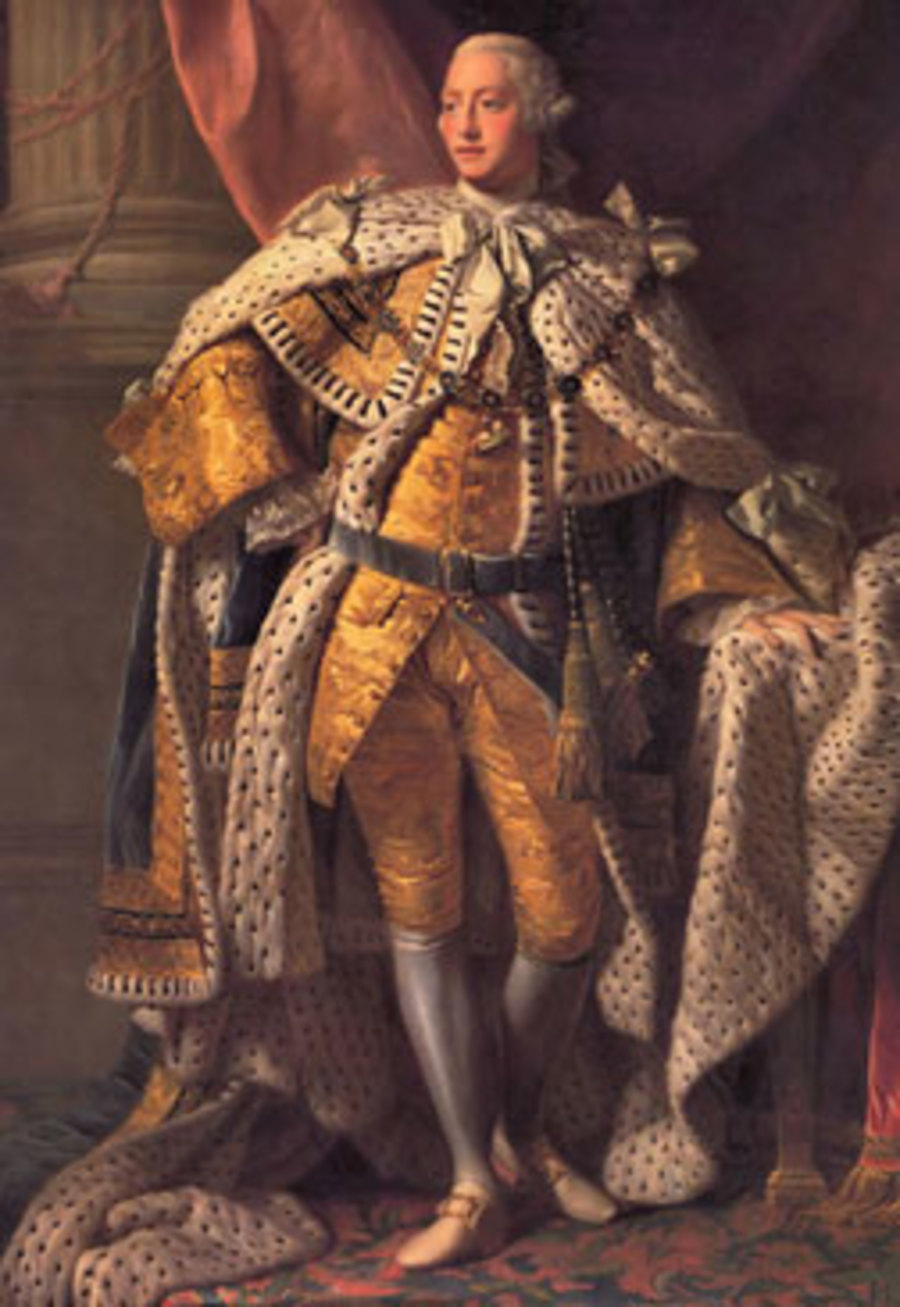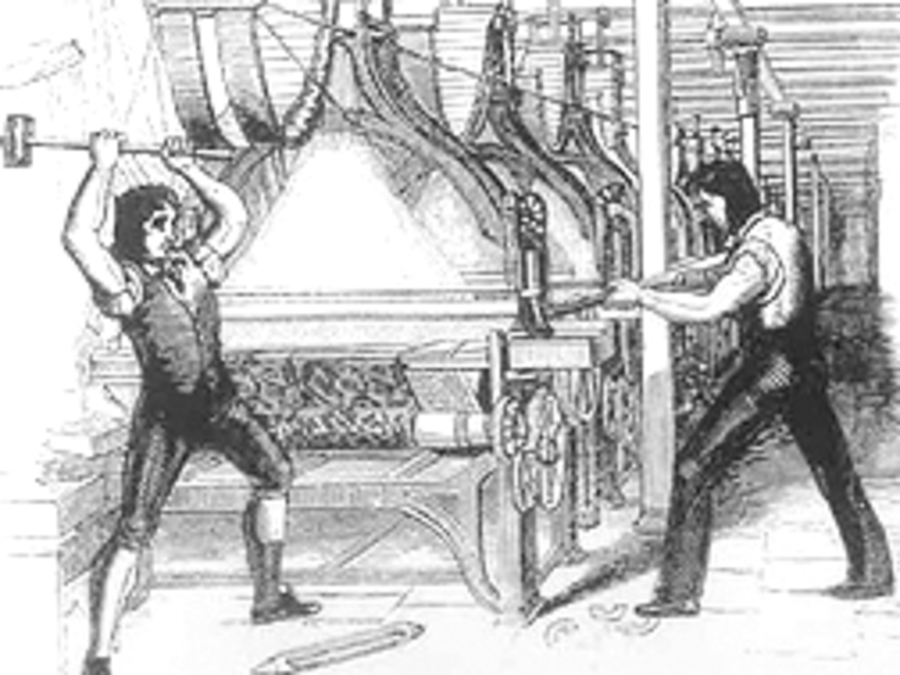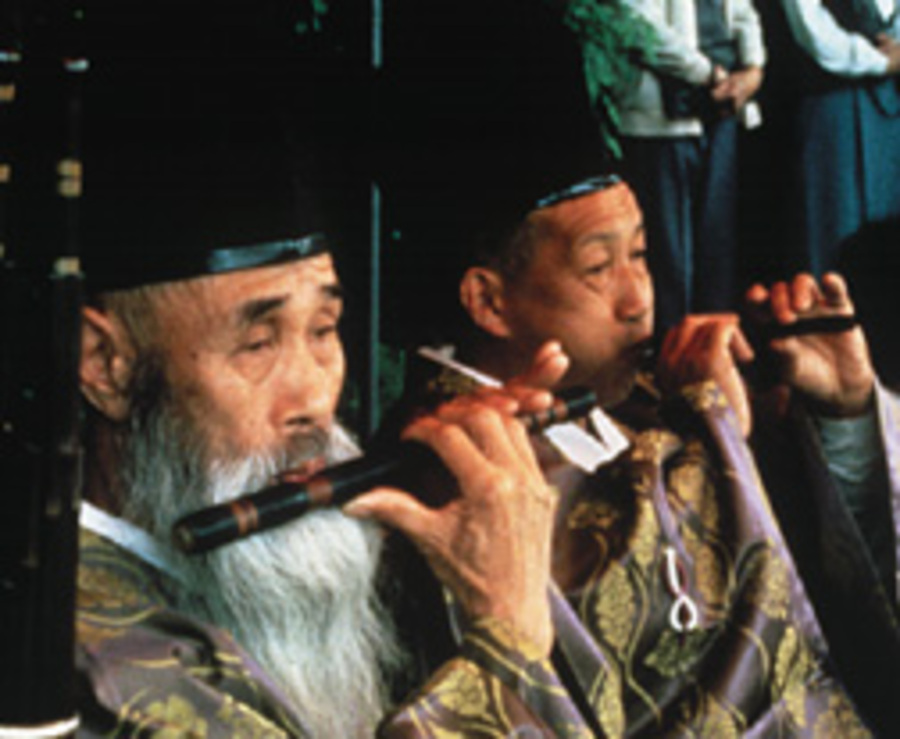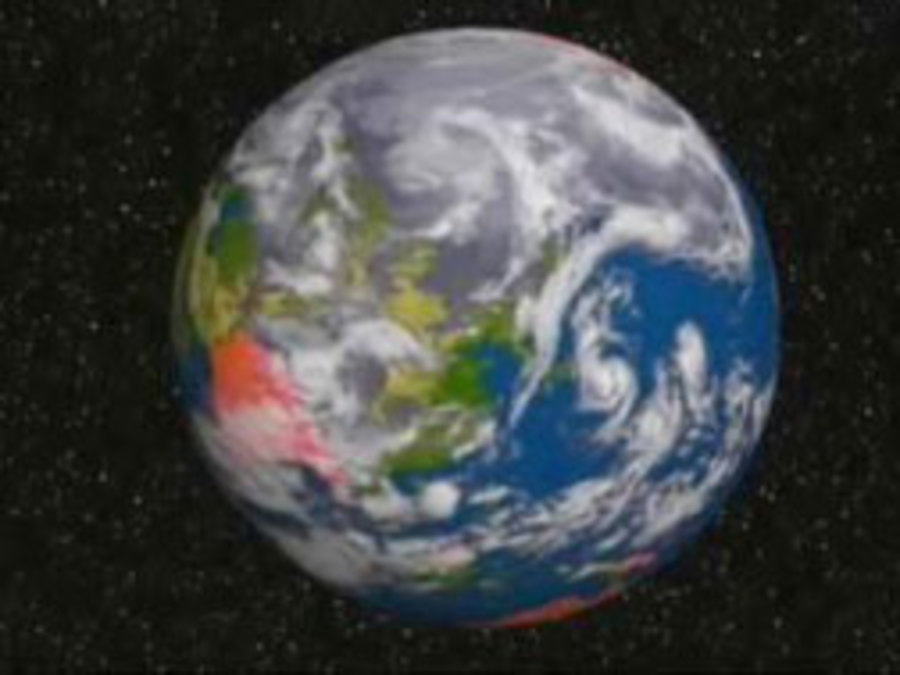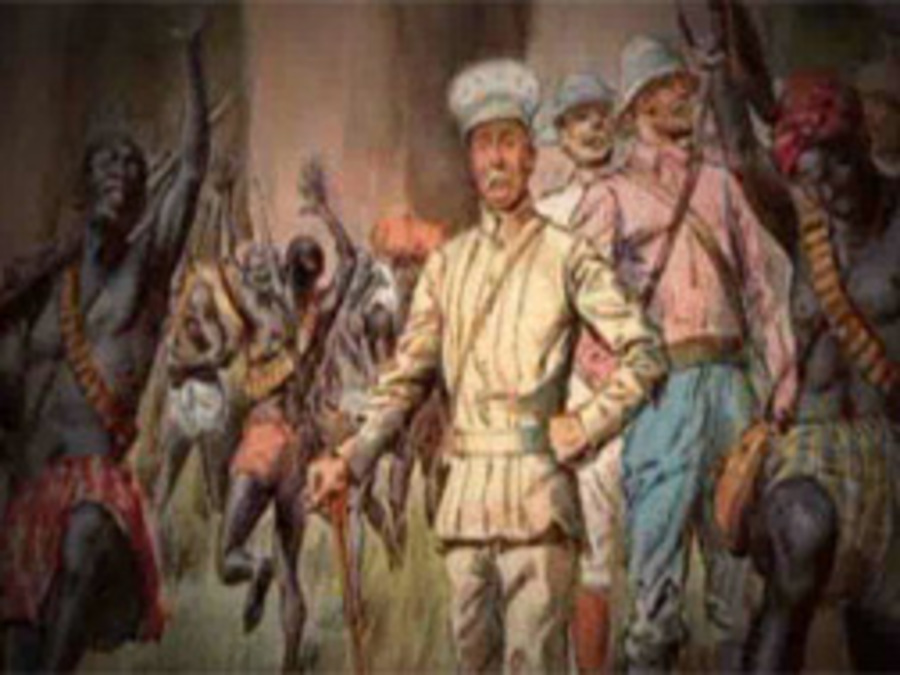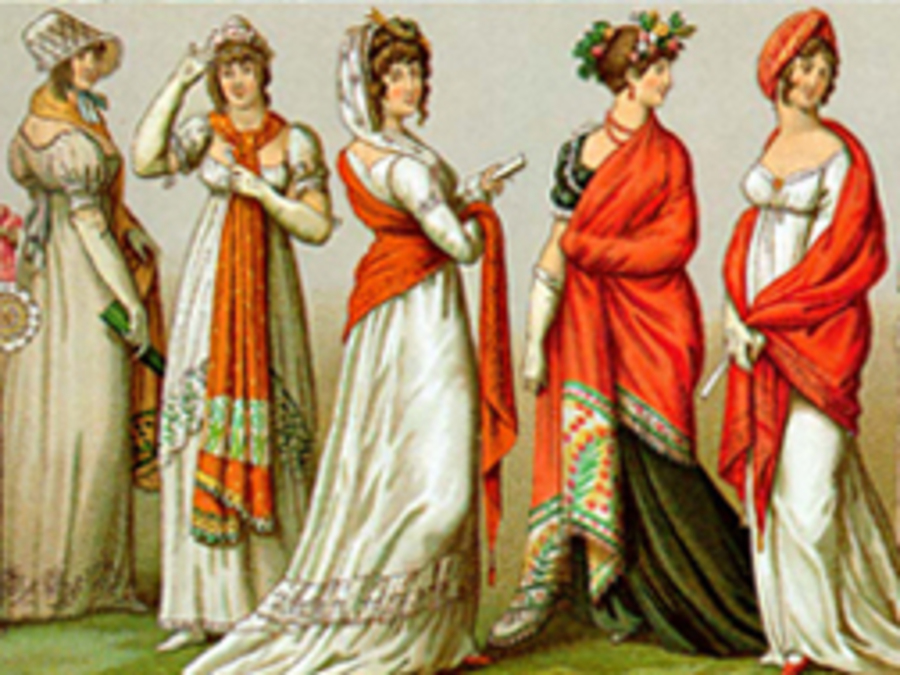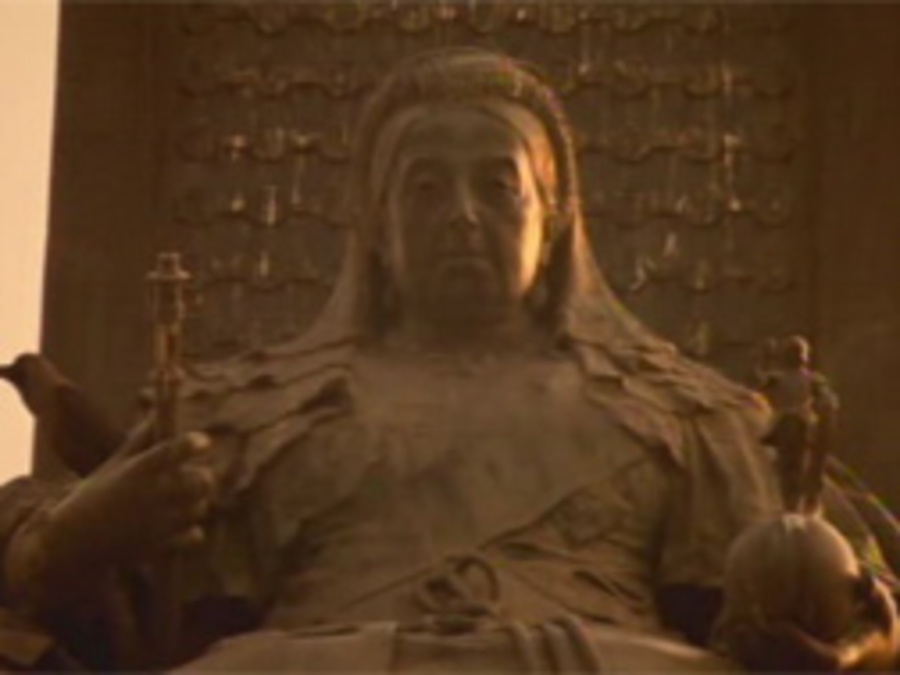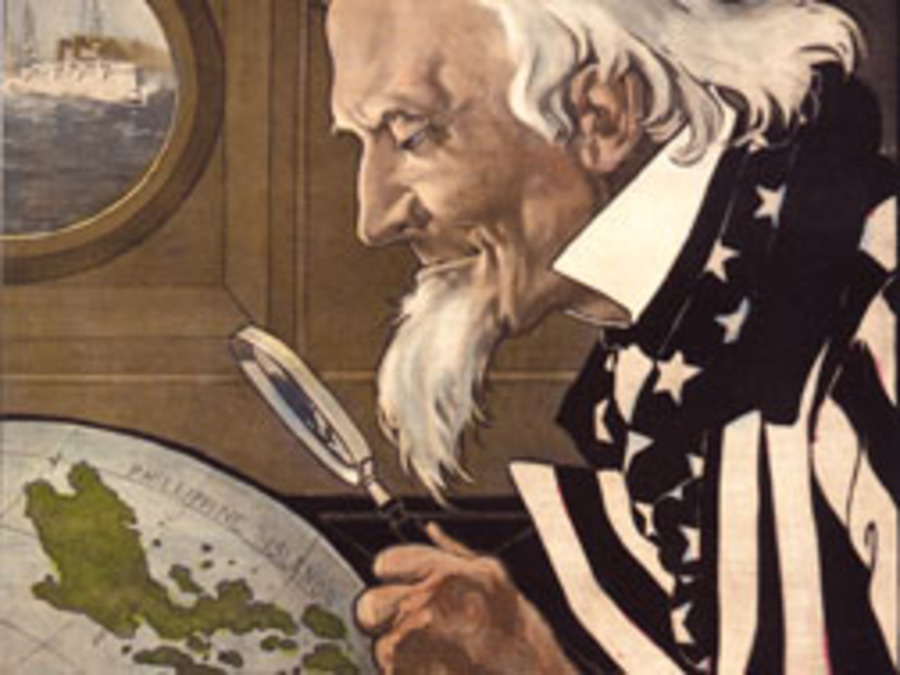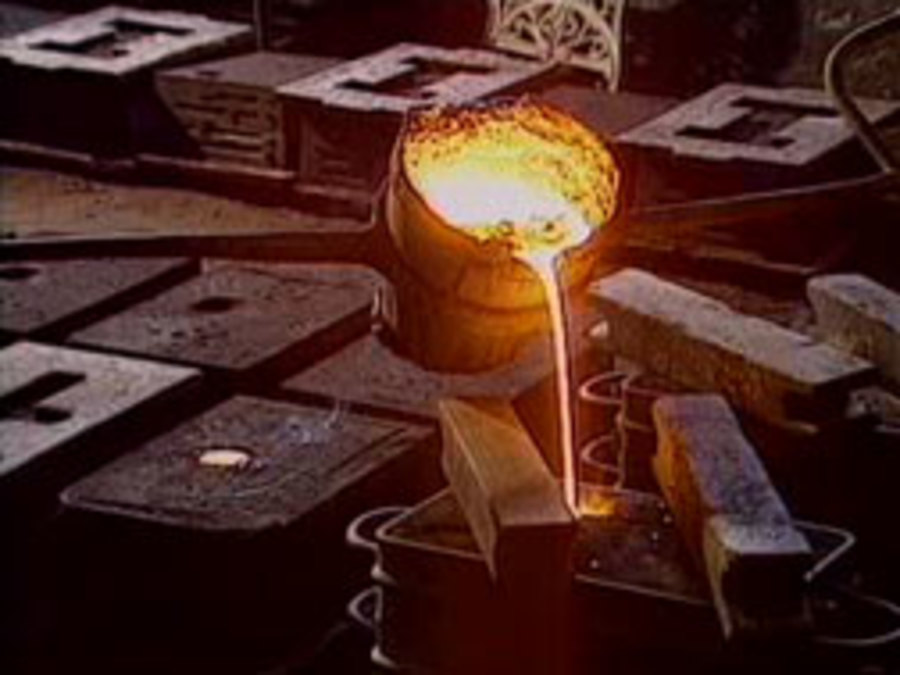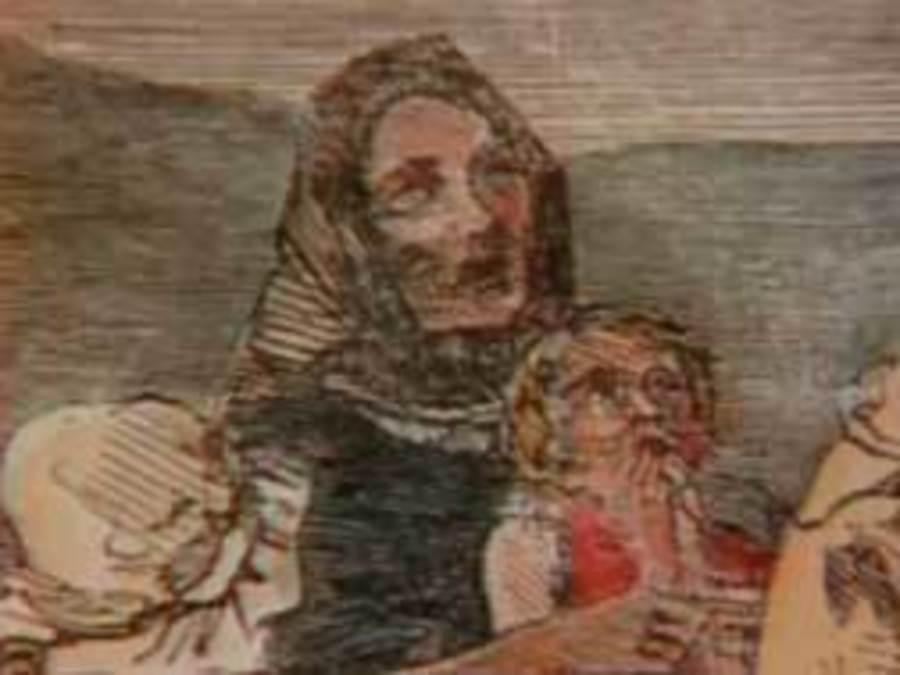 Try these videos to get started. Must be on campus or login with your COM account for off campus access.
Try these videos to get started. Must be on campus or login with your COM account for off campus access.
Want more on finding media? Try Articles & Media.
-
Age of Industry (58:22)
Britain’s Industrial Revolution created the modern world with inventors such as James Watt and George Stevenson improving the steam engines and railways. Trade with China was opened up, albeit illegally with the Chinese Opium Wars at the ports of Guangzhou. Following in Britain footsteps, in Russia social change was underway when Count Leo Tolstoy attempted to free his serfs at his Yasnaya Polyana Estate. In North America we visit the cotton fields of Richmond, Virginia, to hear the story of the South. At a Samurai house in Japan, we hear the story of Samurai Saigo Takamori. In Brussels, we learn how the British explorer Henry Morton Stanley mapped out the Congo River. In Germany, we find out how their Foreign Secretary, Arthur Zimmermann brought America into the First World War.
-
The Hanoverians (45:36)
As the 18th century dawned, foreigners continued to dominate the English royal line. This program profiles the four Kings George and William IV, and their significance in the German House of Hanover. Beginning with the rancorous relationship between George I and II, the program explores the origin of the position of Prime Minister, the courtly rivalry between George II and his son Frederick—expressed largely through opera sponsorship—and the American Rebellion. The personally disastrous reigns of George III and IV, both of whom suffered humiliation and insanity while presiding over a vast colonial empire, are explained in detail.
-
The Luddites (52:22)
In 1812, there were violent disturbances in England when new machines were introduced into the wool industry. This docudrama re-creates the attempt, doomed from the start, of the desperate victims of the new machine age to strike back. Unable to get through to management, a group of workers vented their frustrations on the machines. Thus the Luddites have become symbolic, not only of the pointless opposition to machines’ taking over human lives, but also of the larger issue of the human toll of industrialization.
-
The Meiji Period (Japan 1868–1912) (52:00)
The arrival of Commodore Perry in 1854 marked the stage for Japan’s dramatic leap from the Middle Ages into modernity. The ports of Japan were forced open; the English, French, Russians, and Dutch promptly demanded—and got—the same privileges. In 1868, the last shogun gave way to a 15-year-old emperor, who dressed in Western-style clothes. Edo became Tokyo, education became a national passion, and the dichotomy between ancient shared values and new imported styles and forms deepened as the Japanese learned colonialism as well, spreading their influence and their sovereignty in Formosa and Korea.
-
The Nationalists (24:38)
This program examines how liberal ideas from the French Revolution fueled the fires of European nationalism, and how extreme nationalistic beliefs led to World War I. In Germany, Chancellor Otto von Bismarck constructed the philosophical and political framework for a unified Germany, steeped in the mythology of a German superrace and its destiny: to rule Europe. Serbians, inflamed by nationalism, assassinated Austrian Archduke Ferdinand, and Germany, as Austria’s ally, declared war on Russia, and subsequently on Britain and France.
-
Progressive Ideologies: Imperialism, Nationalism, Capitalism, Egalitarianism (20:04)
This program examines societal shifts towards imperialism, nationalism, capitalism, and egalitarianism by studying the impact of the Industrial Revolution, the French Revolution, the American Revolution, and British colonialism in Africa on how people thought. Featuring leading academics and clear explanations, the video consolidates a huge amount of information, putting it into context with excellent examples. Focusing on the British Empire and the slow loosening of its grip on the world, students gain insight into how modern ideologies were formed.
-
The Regency (1790-1837) (25:38)
This was a period when wars and revolutions were coming thick and fast. Industrialization, the French Revolution, Romanticism—all these are reflected in the simplification of dress, the disappearance of lace and ruffles and the kind of ostentation that bespoke aristocracy. The growth of the English woolen industry led to the displacement of silk by wool. The same love of Orientalism and archaism that pervades the literature of the period appears in the Turkish turbans and Grecian waistlines and hairdos. Among other things, we learn from this program the origin of the term "guinea pig" and Beau Brummel’s rules for tying a cravat.
-
Series: Empire, A British Chronicle
Shakespeare wrote of England as a “precious stone set in the silver sea,” suggesting a nation content with its place in the world, but for others the “stone” held the luster of global power—and today its shadow looms like a mountain over the landscape of history. This five-part series looks at the British Empire from new and unusual angles, exploring not only the rise and fall of the realm but also its impact—political, social, and technological—on an international level and in the British consciousness. Presented by journalist Jeremy Paxman, author of Empire: What Ruling the World Did to the British, the series retraces the building of the Anglo-centric sphere of influence while presenting an unflinching view into the darker, less noble aspects of Britain’s imperial past. Produced by the Open University. 5-part series, 58–59 minutes each.
-
To Conquer or Redeem: Manifest Destiny (1:29:47)
DESCRIPTION
With the closing of the American West, Manifest Destiny was in need of new direction. The section “New Frontiers” considers implications of Frederick Jackson Turner’s Frontier Thesis as it scrutinizes U.S. history from the end of the Gilded Age to the brink of the Spanish-American War. “An Empire of Liberty” takes a step back to assess aspects of Manifest Destiny from its birth during the pre-Revolutionary era through Reconstruction. And “Benevolent Assimilation” provides an in-depth look at the Spanish-American War, the Philippines Insurrection, the annexations of Puerto Rico and Hawaii, and U.S. intervention in China during the Boxer Rebellion to illustrate how expanded economic influence, military might, and presidential powers contributed to U.S. imperialism during the administrations of Presidents McKinley and Theodore Roosevelt. Historians H. W. Brands, Walter LaFeber, Kristin Hoganson, John Lawrence Tone, Eric Love, Paul Kramer, David Hendrickson, and Amy Greenberg are featured. Produced by Lucasfilm Ltd.
-
Series: The Industrial Revolution
This series is a basic survey of the Industrial Revolution where it began and where it has had the most striking effects: Britain. The programs follow a case study approach to industry, transportation, and settlement. Their purpose is to provide a basic understanding of the chronology of the main events and the relationships between them. 5-part series, 20 minutes each.
-
Series: When Ireland Starved
"The ruin is great and complete. They are prostrate and helpless. The once frolicsome people, the saucy beggars...have disappeared and given place to wan and haggard objects who are so resigned to their doom that they no longer expect relief. One beholds only shrunken frames, scarcely covered with flesh, crawling skeletons, who appear to have risen from their graves." These are the words of a doctor writing at the height of the Great Irish Famine-undoubtedly the event with the most far-flung effects in Irish history. This series traces its causes, follows its unfolding, and examines its results. 4-part series, 26 minutes each.
![]() Try these videos to get started. Must be on campus or login with your COM account for off campus access.
Try these videos to get started. Must be on campus or login with your COM account for off campus access.